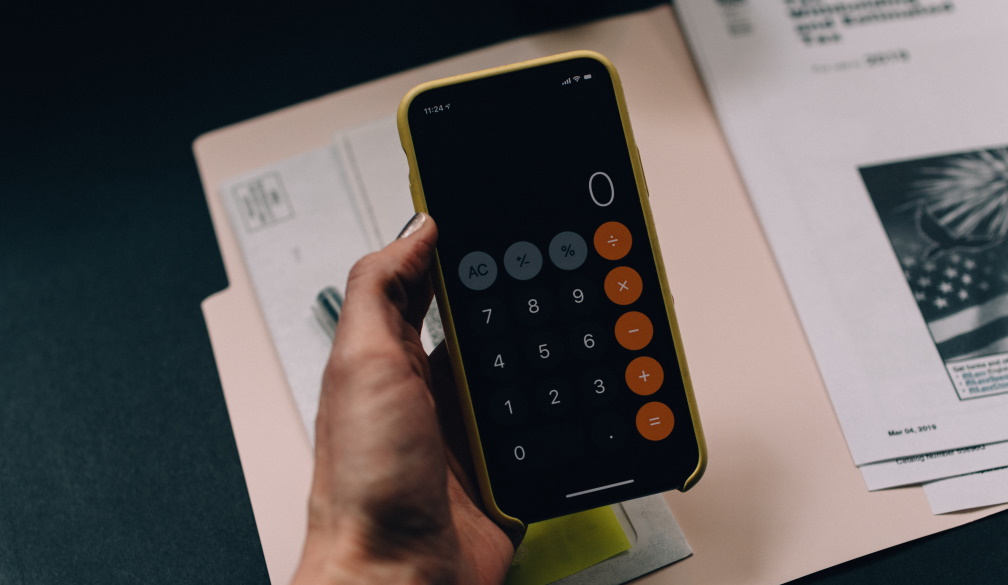How To Claim Your Working From Home Expenses
- Written by Mark Chapman, Director of Tax Communications at H&R Block

Can I claim a deduction for working from home expenses?
If you work from home, you can claim a tax deduction for the work-related proportions of household costs such as:
-
Heating, cooling and lighting bills
-
Costs of cleaning your home working area (including cleaning products or payment for a domestic cleaner if required)
-
Depreciation of home office furniture and fittings
-
Depreciation of office equipment and computers
-
Costs of repairing home office equipment, furniture and furnishings
-
Small capital items such as furniture and computer equipment costing less than $300 can be written off in full immediately (they don’t need to be depreciated)
-
Computer consumables (like printer ink) and stationery
-
Phone (mobile and/or landline) and internet expenses
Ideally, you should have a specific room set aside as a home office. If you are using a room with a dual purpose (e.g. dining room), or a room shared with others (e.g. lounge room) you can only claim the expenses for the hours you had exclusive use of the area.
The ATO has introduced a temporary “shortcut method” for calculating additional running expenses allowing those working from home to claim a rate of 80 cents per work hour during the COVID-19 period. This will apply from right through this tax year to 30 June 2022.
You will need to keep a record of the number of hours you have worked from home in order to substantiate your claim.
If you use the 80 cents per hour method, you can make no other claims in relation to working from home. So, items like mobile phone and internet usage are included in the 80 cent rate.
Alternatively, you can claim the ATO’s long-standing flat rate allowance for working from home of 52 cents per hour. This covers the extra costs of heating, cooling, lighting and the decline in value of furniture. All you need to do to claim this is to keep a diary – note the time you start work each day, the time you finish work each day and any breaks. You can then claim 52 cents per hour for each working hour.
In addition, (and this is what makes this rate different to the temporary 80 cent rate) you can also make separate claims for the work-related proportion of items such as your home internet, mobile phone costs and other expenses that directly relate to your work such as stationery and printer ink. These additional costs often make this a preferred method since the size of the claim is often much larger than using the 80 cent rate.
A further option is to claim the actual costs you’ve incurred. You’ll need to keep a diary of your work-from-home hours (for a typical 4-week period) and you’ll also need to work out the amount of your home (by floor area) that you’re using as your work space. From this, you can then work out the work-related proportion of your household expenses and apply this percentage to the actual amount you spend on electricity, gas, water, phone and internet, etc. You’ll also need to keep all the original bills to prove your claim.
This generally produces a bigger claim than either of the flat rate methods but the amount of paperwork and calculation involved is much greater.
Your tax agent will be able to give you advice on which method to use.
What about rent and/or mortgage interest?
So-called “occupancy expenses” can’t be claimed. These include things like mortgage interest (for home owners), rent, rates and home insurance. That’s because these are “fixed” costs and they don’t change simply because you are working from home.
The exception to that rule is where you actually run your business from home. That could mean someone whose business is based at home (like a hairdresser who uses a room as a salon) or someone who carries out their business at clients premises but uses home as a base for administration, storage, etc (like an electrician who works at customers premises but stores tools at home and has an office to handle the paperwork).
If that’s the case, a portion of your occupancy costs can be claimed. Note however that people who run a business from home may lose part of the Capital Gains Tax exemption on their home for the part of the home that is used in their business.
H&R Block can help
Let us lodge your tax return for you.
Find your nearest H&R Block office and book an appointment
Lodge your tax return online with H&R Block
Download our tax app to help you track your tax deductible expenses and trips https://www.hrblock.com.au/
Remember – if you are not sure if you can claim an expense, keep the receipt and we will ensure that we claim all allowable deductions and rebates for you whilst preparing your tax return.
H&R Block is Australia's largest network of tax accountants with over 400 offices. Every year we help thousands of Australians achieve a better taxation result. For your nearest office call 13 23 25.







